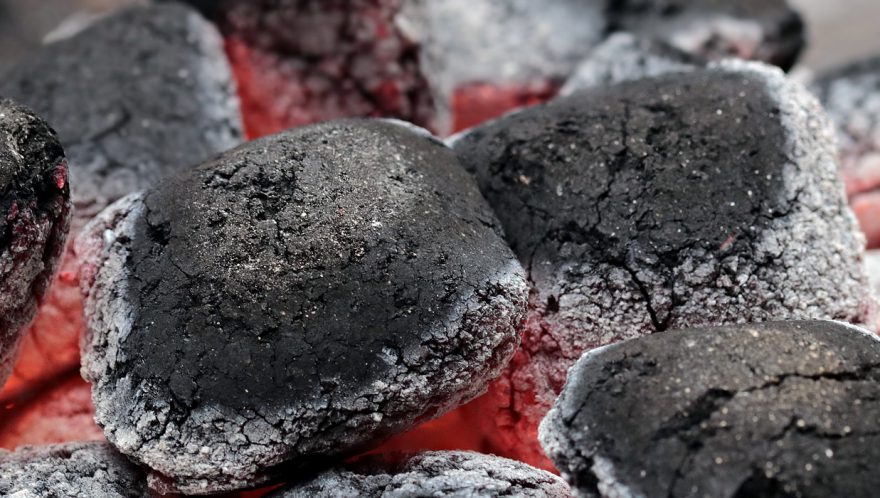A recent article in The New York Times offers insights from 10 prominent economists regarding “what a too-hot economy would look like.”
Here are a few key takeaways from the comments:
- Former IMF chief economist Olivier Blanchard cited variables including Fed policy and uncertainty about how much of the Biden stimulus will be permanent. “All I know,” he said, “is that any of these pieces could go wrong.”
- Julia Coronado, president of MacroPolicy Perspectives: “It is strange to me that for years economists pined for a better mix of monetary and fiscal policy and now we have it and there is a narrative among some that it has to end in disaster.” Coronado expressed optimism about the macro outlook and said she is more focused on “how quickly the labor market returns to health than any threat from inflation.”
- Brad DeLong, economist at the University of California, Berkeley, said that we have “other much more important economic problems to worry about than the risks of excessive and damaging inflation.”
- Wendy Edelberg, director of the Hamilton Project at the Brookings Institution, believes that “the level of economic activity will temporarily rise above its sustainable level for a time and inflation will rise above the Fed’s target. If you want to call that overheating, I think that isn’t in and of itself problematic. In fact, I think making up for some lost economic activity is beneficial.” She added, “there isn’t a credible prediction of temporary overheating that worries me.” That said, Edelberg did express potential concern in the event of a boom in housing construction or commercial real estate or a “significant increase in leverage across the economy. That all suggests pain for people when the economy cools.”
- Harvard economist N. Gregory Mankiw says an overheating of the economy (if core inflation rises above 3 percent for a 12-month period) could be temporary. “I would say we have an ongoing overheating problem if, in addition, five-year break-even inflation—a gauge of inflation expectations—rises above 3 percent.”
- Claudia Sahm, senior fellow at the Jain Family Institute, says there is no “magical number” that correlates to overheating: “It’s not that if you’ve gone over 5 percent inflation you’re overheating. To me, overheating is inflation starts picking up, and it keeps going. Inflation is a slow-moving dynamic, especially in core.”
- Lawrence Summers, Harvard economist: “I think there’s a one-third chance that inflation expectations meaningfully above the Fed’s 2 percent target will become entrenched, a one-third chance that the Fed will bring about substantial financial instability or recession in order to contain inflation, and a one-third chance that this will work out as policymakers hope.”

